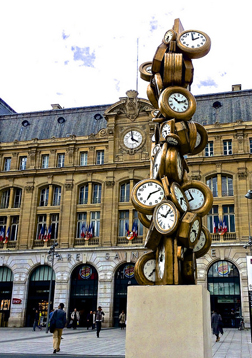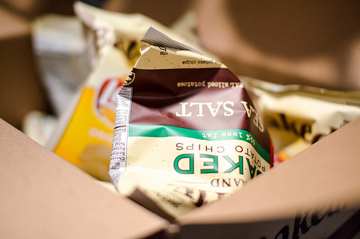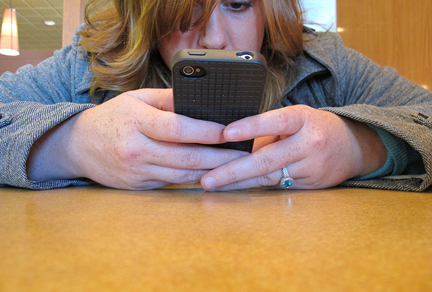 ‘When I play Candy Land with my five-year-old, time creeps,” she says. “A game lasts only 10 minutes, but it feels like two hours to me.”
‘When I play Candy Land with my five-year-old, time creeps,” she says. “A game lasts only 10 minutes, but it feels like two hours to me.”
My friend is describing her experience of subjective time. The clock in her phone steadily marks the minutes, no matter what she does. Yet while she plays Candy Land— a board game that requires no reading, minimal counting skills, and is popular with young children—her brain measures time in a decidedly Dali-esque way. It perceives each second as stretching and warping around the experience of the game. Compared to the experience of time during the game, she finds time compresses and races before and after playing.
“My daughter finds the 10 minutes flash by like lightening.” More »



